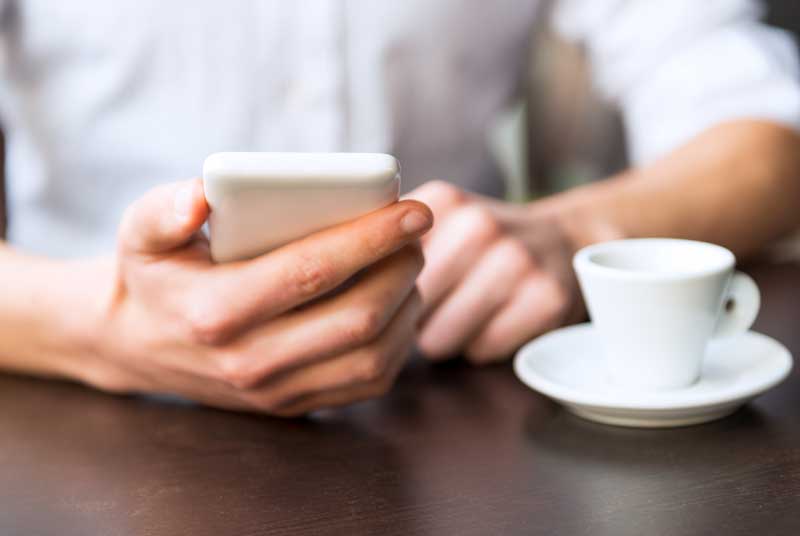The average American spends 5.4 hours a day on their phones. If you’re like most people, you use yours to check emails, manage your money, shop, scroll through social media and a host of other things. Your smartphone contains a lot of sensitive information, which makes it the perfect target for hackers. In fact, research shows that one cyber-attack occurs every 39 seconds. Fortunately, there are things you can do to protect your phone from being hacked.
Install the latest software updates
Think twice about ignoring software update notifications. Although it feels like you’re being interrupted at the worst time, the upgrades are for your own good. Software updates usually fix security flaws and bugs to keep you safe from the latest threats. Plus, you’ll get your device’s newest features and improve its overall performance.
Lock your device
Most people aren’t that creative when it comes to choosing a 4-digit pin code for their phone. Typically, they’ll use something predictable like “1234”, “0000” or “1111”. “2580” is another popular pick so don’t use that one either. Having a PIN is useless if it can be cracked within seconds, at least make the criminals work a little bit. A better way to protect your phone is to use a fingerprint scanner or facial ID system. You can even take it a step further and enable two-factor authentication.
Keep your phone with you
Some people have a bad habit of putting their phone down and walking away. Everyone cannot be trusted so always keep your phone with you, especially in public. You don’t want to run the risk of your phone being stolen and having to replace it. Apple iPhones are one of the most popular smartphones in the country and a new iPhone 13 starts at $799. Most people don’t have that kind of cash laying around.
Delete apps you no longer use
If there are apps on your phone that you no longer use, go ahead and delete them. Unused apps take up unnecessary storage space and can be a security risk if they no longer receive updates or haven’t been updated recently. Usually, you can just hold down the app you want to get rid of then select delete or uninstall to remove it.
Avoid using unsecured public Wi-Fi
Using free public Wi-Fi at airports, restaurants, malls, and hotels is risky business because the connection usually isn’t secure. The best way to protect your phone is to use a virtual private network (VPN) connection. If that’s not available, only visit sites using HTTPS, turn off file sharing, and don’t allow your device to auto-connect to Wi-Fi networks. It’s also a good idea to avoid accessing websites that contain sensitive information. It’s better to be safe than sorry.
Be mindful of phishing scams
Over 75% of cyber-attacks begin with an email. Scammers like to use a technique called phishing to try to get you to reveal personal information like your password or Social Security number so they can gain access to your accounts. They’ll send texts or emails saying things like they’ve noticed suspicious activity on your account, there’s a problem with your payment information, a fake delivery confirmation or promise you a free prize. None of which are true. The link provided will take you to a fake website and any information you enter will be stolen. Sometimes they may even install malware on your device. If you receive an unexpected text or email asking for personal information, don’t click the link. Instead, open a browser and type in the company’s website yourself or call their customer service number.




